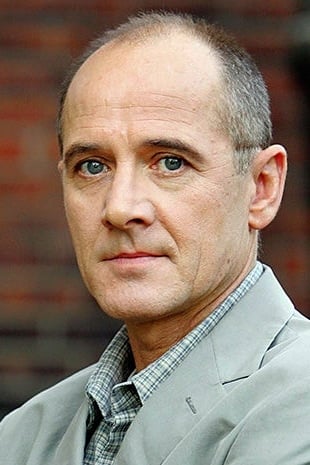
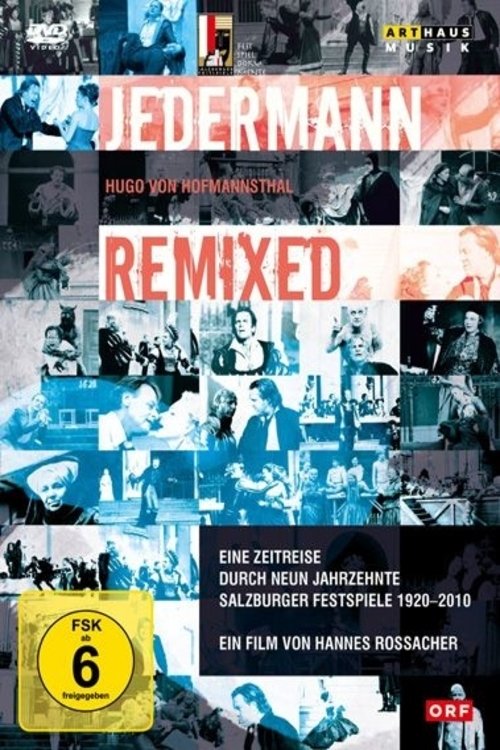
Based on archive holdings from nine decades, director Hannes Rossacher has created a complete Jedermann performance and thus a unique cultural-historical puzzle from Alexander Moissi to Nicholas Ofczarek. The success story of the phenomenon "Everyman" is told in an unprecedented way.
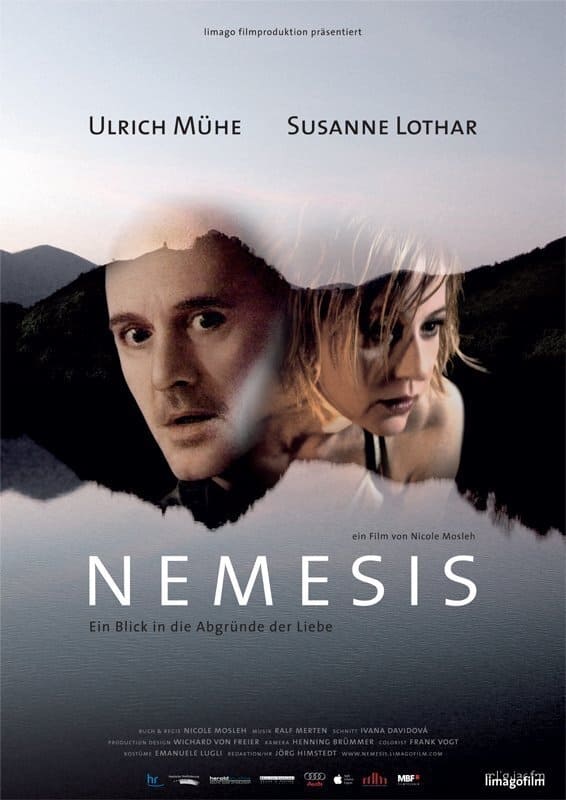
Claire and Robert spend most of their time in a house they own in the beautiful and remote countryside in Italy. Their life seems to be perfect. But when Claire's sister gets murdered in the very same house, the traumatic event shakes up their relationship. Disappointment, fear and resentment they swept under the rug for years, resurface. Revealing the dark side of a blissful love - a dream that turns into a nightmare. It is the story of two people trapped in a dark secret.
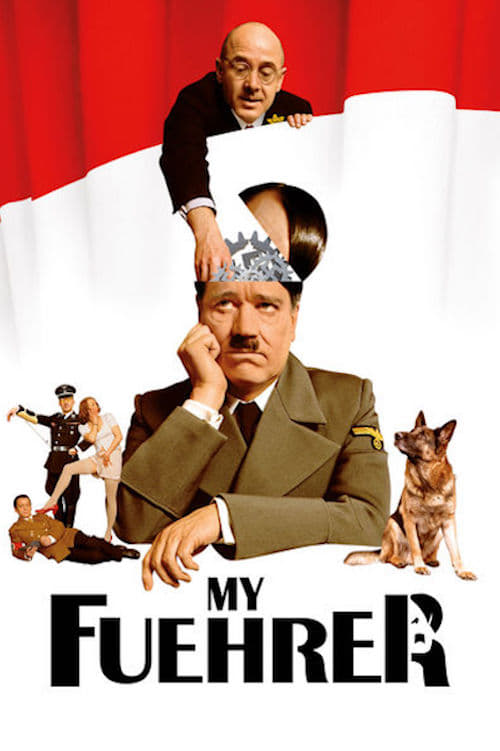
Hitler no longer believes in himself, and can barely see himself as an equal to even his sheep dog. But to seize the helm of the war he would have to create one of his famous fiery speeches to mobilize the masses. Goebbels therefore brings a Jewish acting teacher Grünbaum and his family from the camps in order to train the leader in rhetoric. Grünbaum is torn, but starts Hitler in his therapy ...
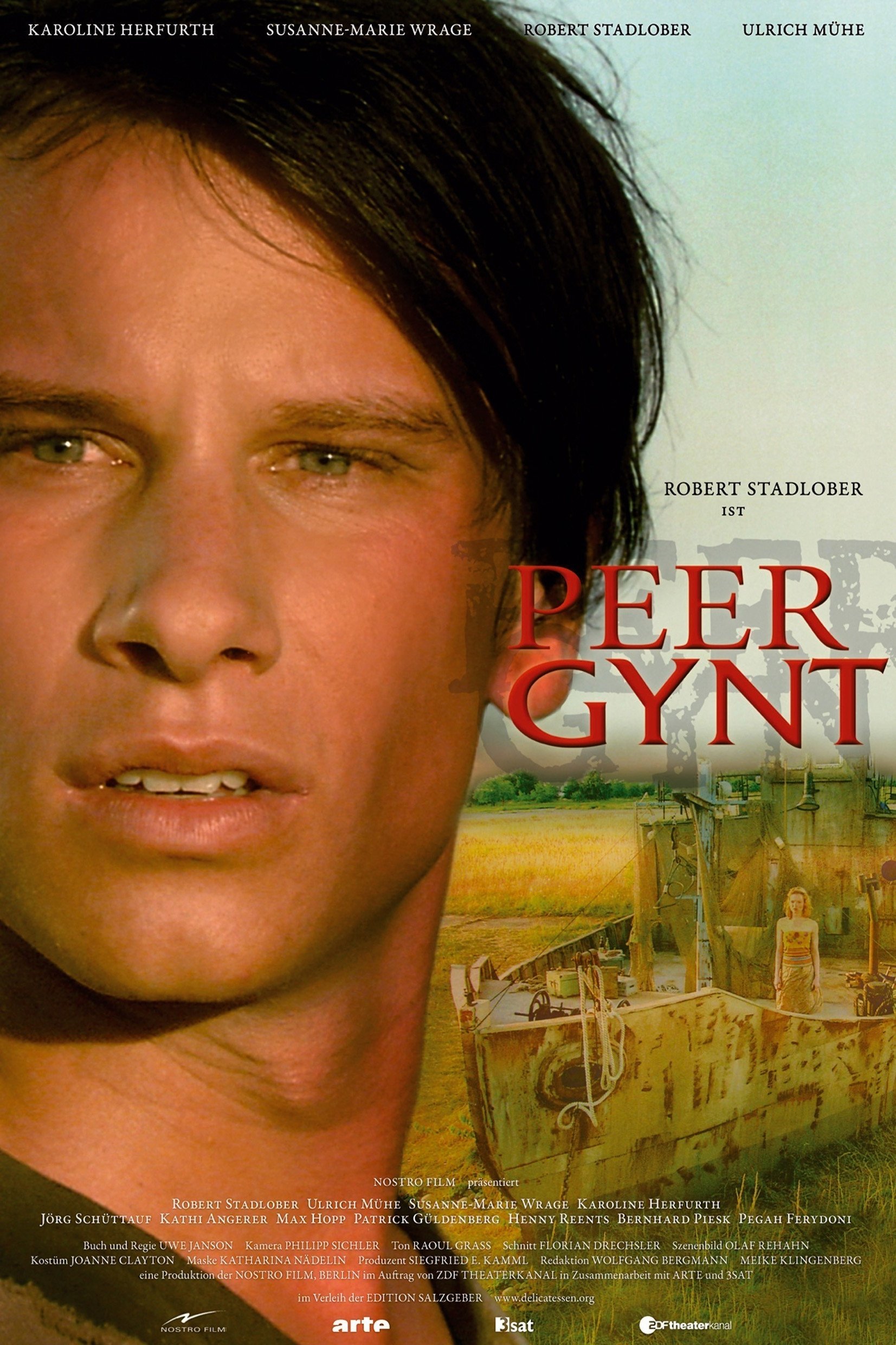
Young Peer Gynt returns home once again after unsuccessfully looking for work. His mother already goes to meet him and he describes his alleged adventures to her. In his imagination, he sees himself as a king and escapes reality with his stories. His mother would have liked him to marry Ingrid, with whose dowry they would be well provided for, but Ingrid is promised to Mats and will marry him the very next day. While Peer once again escapes into his world of thoughts while lying in the grass, he is laughed at by the others of the village. They warn him to come to Ingrid's wedding feast, where the whole village is celebrating. But he does not care and there he meets Solvejg, whom he likes very much, but she initially turns away from him. So he kidnaps the bride Ingrid, incurring the wrath of the groom and the rest of the village youth.

In 1983 East Berlin, dedicated Stasi officer Gerd Wiesler begins spying on a famous playwright and his actress-lover Christa-Maria. Wiesler becomes unexpectedly sympathetic to the couple, and faces conflicting loyalties when his superior takes a liking to Christa-Maria.
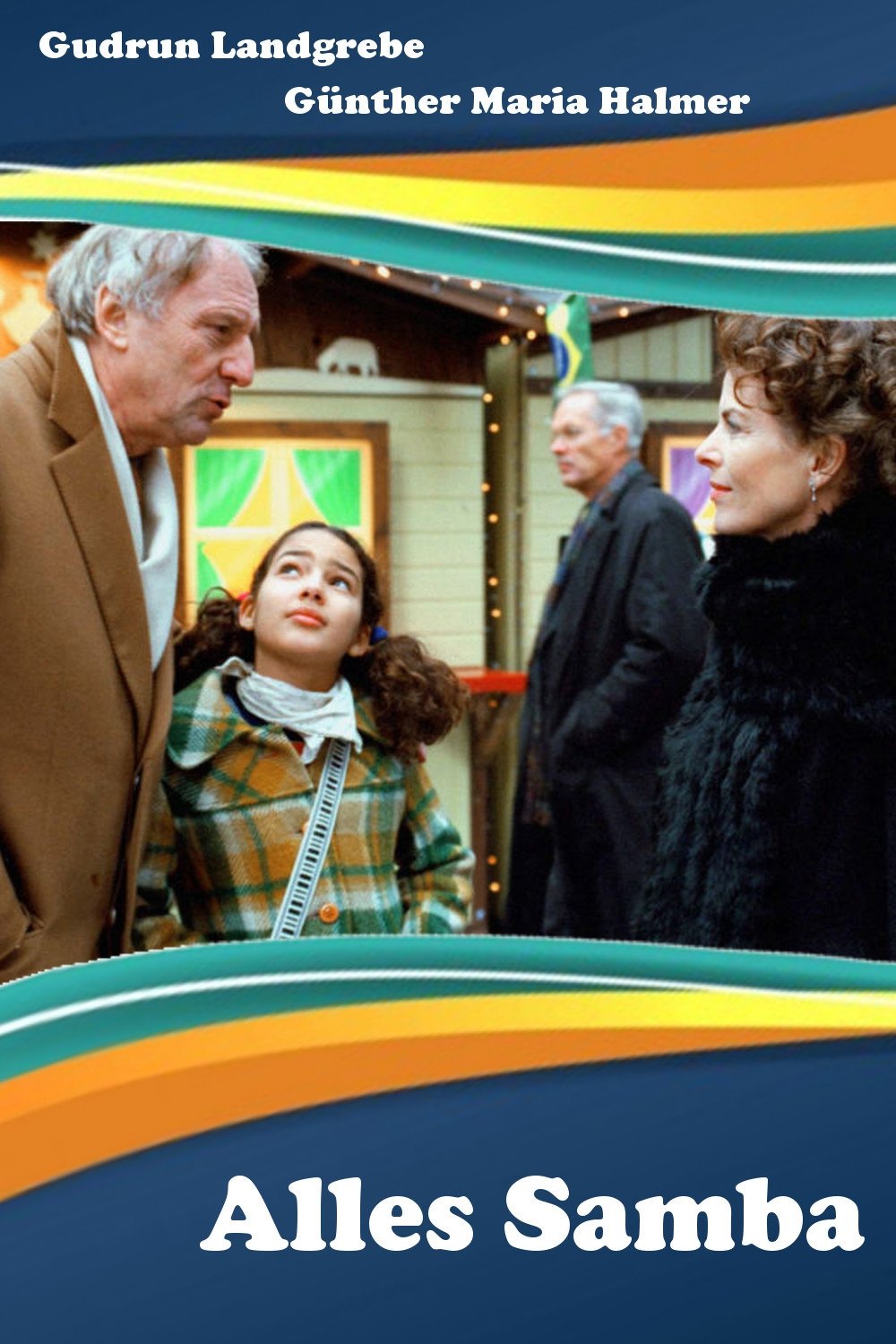
Art expert Katharina Diezmann is out of the blue, when one day the little Brazilian Marcia is standing at her door. Years ago Katharina had taken over a sponsorship for the eleven-year-old, but never expected that she would ever meet her. The little girl is in Berlin with her samba group over Christmas and has only one wish: finally to see real snow!
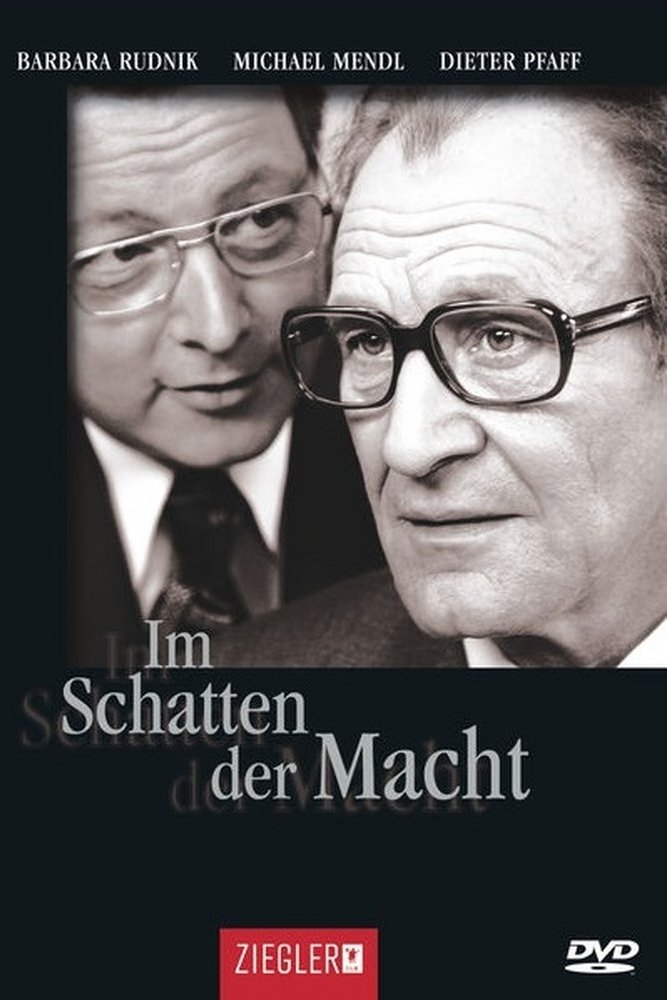
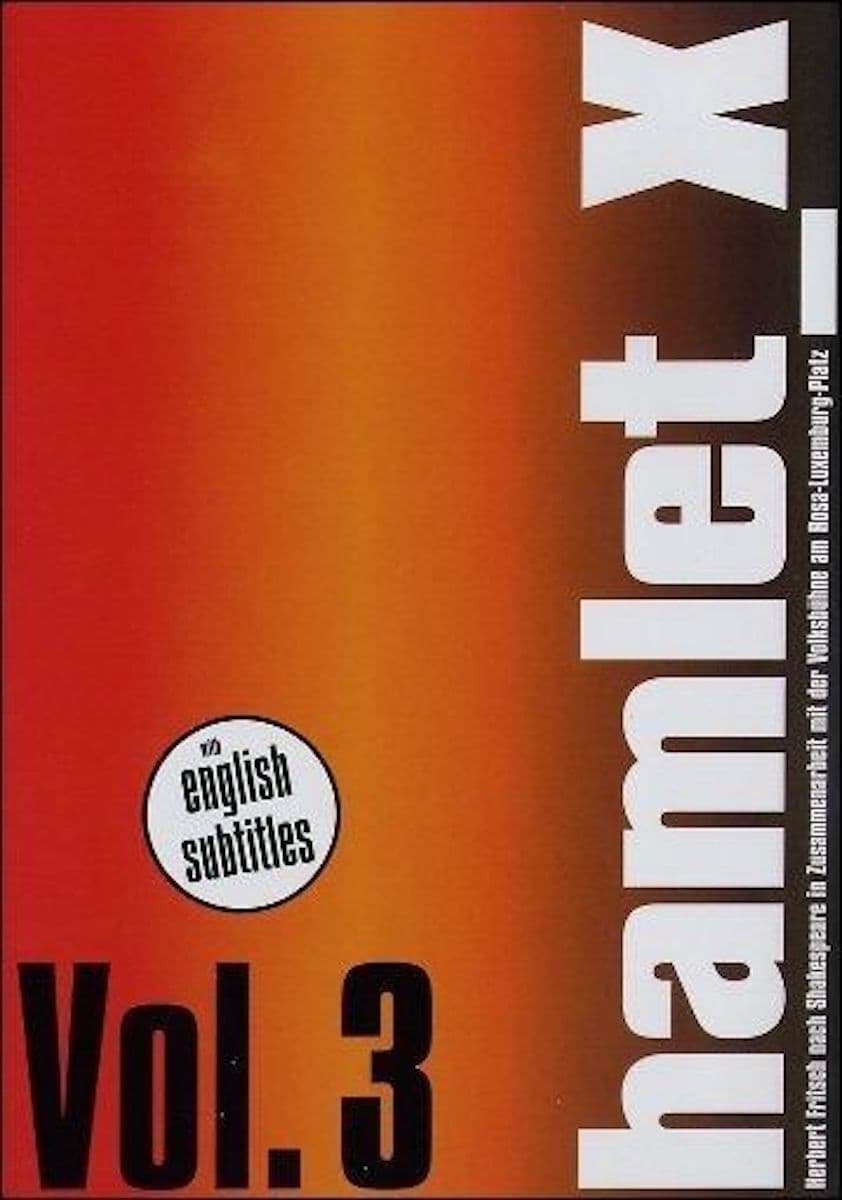
A great mosaic, a labyrinth of scenes, dialogue splinters, interviews, portraits of people surrounding Hamlet and wanting to be part of his story.
Friedrich Hans Ulrich Mühe (20 June 1953 – 22 July 2007) was a German film, television and theatre actor. He played the role of Hauptmann (Captain) Gerd Wiesler in the Oscar-winning film Das Leben der Anderen (The Lives of Others, 2006), for which he received the award for Best Performance by an Actor in a Leading Role, Gold, at Germany's most prestigious film awards, the Deutscher Filmpreis (German Film Awards); and the Best Actor Award at the 2006 European Film Awards. Curiously, events in Mühe's life were mirrored by the plot of the film, as he allegedly discovered in a Stasi file compiled on him that he had been under surveillance by his second wife, Jenny Gröllmann. Gröllmann denied this, and after an acrimonious and highly-publicized court case she succeeded in obtaining an injunction to prevent Mühe from repeating the allegation in a book. After leaving school, Mühe was employed as a construction worker and a border guard at the Berlin Wall. He then turned to acting, and from the late 1970s into the 1980s appeared in numerous plays, becoming a star of the Deutsches Theater in East Berlin. He was active in politics and denounced Communist rule in East Germany in a memorable address at the Alexanderplatz demonstration on 4 November 1989 shortly before the fall of the Berlin Wall. After German reunification he continued to appear in a large number of films, television programmes and theatre productions. In Germany he was particularly known for playing the lead role of Dr. Robert Kolmaar in the long-running forensic crime series Der letzte Zeuge (The Last Witness, 1998–2007). Description above from the Wikipedia article Ulrich Mühe, licensed under CC-BY-SA, full list of contributors on Wikipedia.
By browsing this website, you accept our cookies policy.